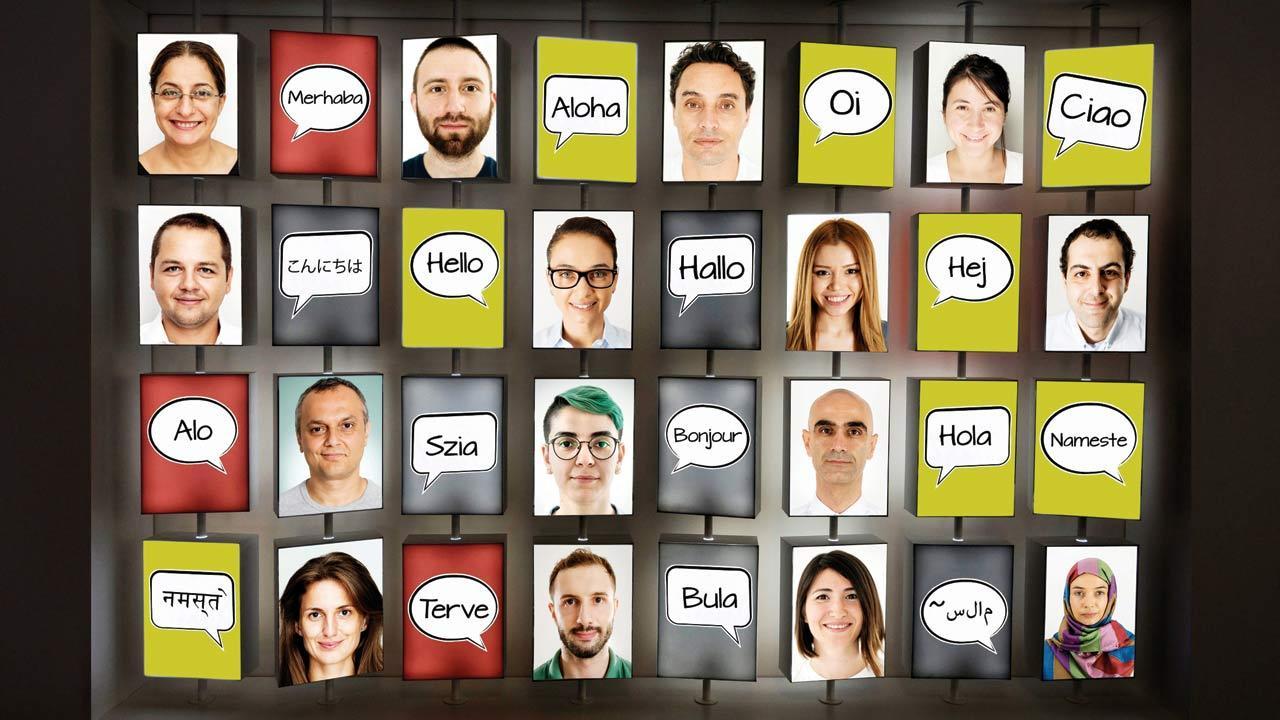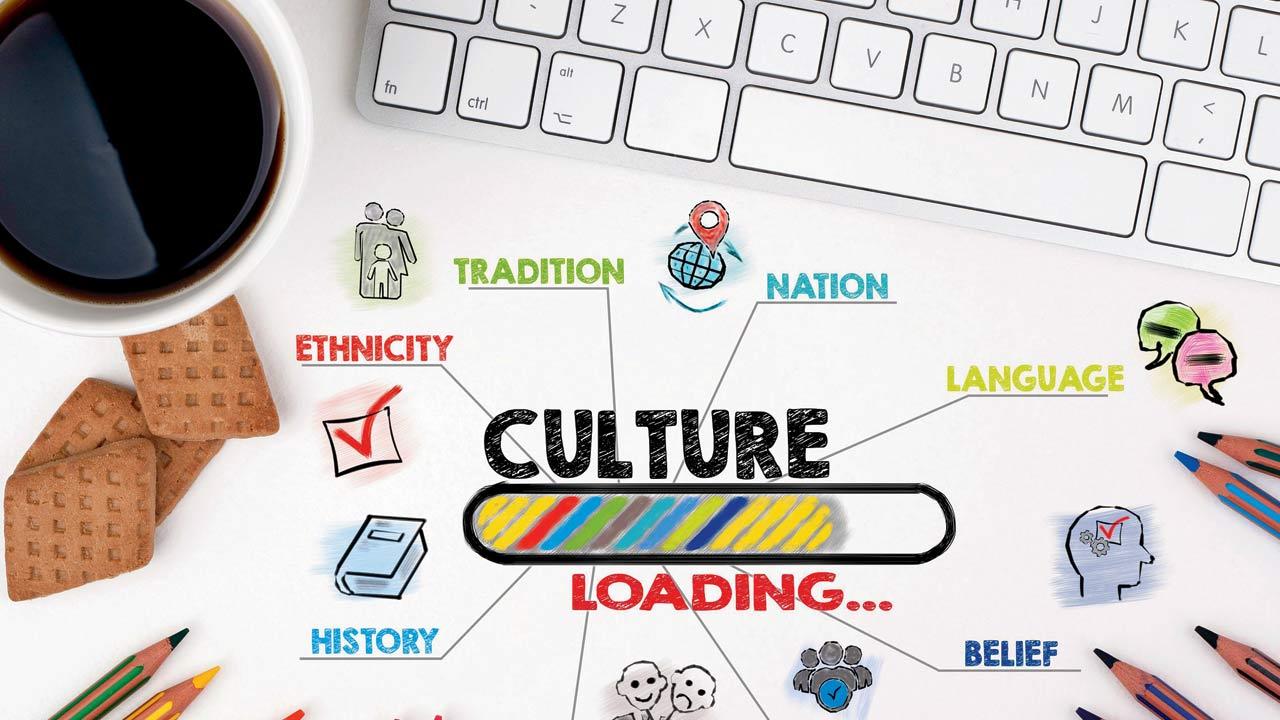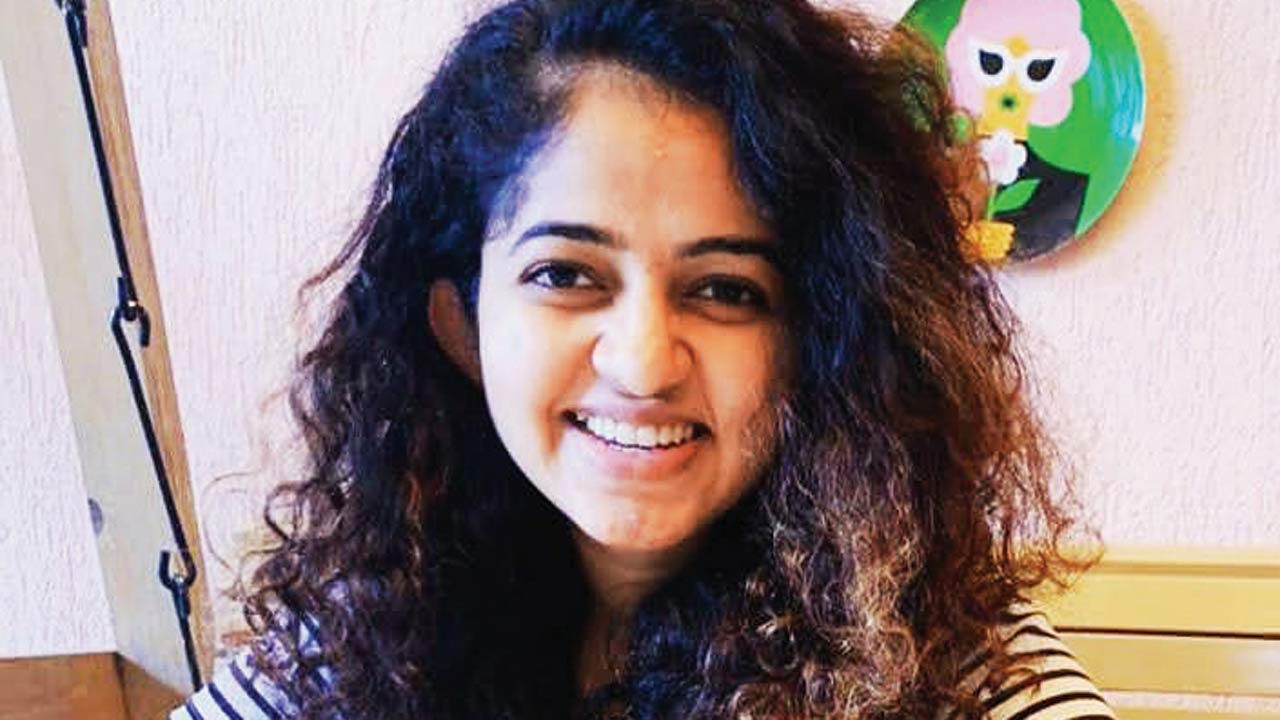To mark International Mother Language Day, a literary platform is calling for video submissions from people reading in their mother language

Representation pic
Purple Pencil Project’s About Us section on their website reads, “Stories are the best way to know more about anything and anyone, and we want to help everyone know more about India through its stories.” And in a country with 22 official languages, no one language can express the entirety of our experiences and cultures. So, this International Mother Language Day, they’re inviting readers to be a part of their mission by submitting videos of themselves, grandparents, relatives and neighbours reading in their mother language, followed by a quick translation. “Whatever small snippets they can manage, a poem, childhood rhyme, a part of a folktale or novel, however rusty their diction or slow their reading speed — it doesn’t matter,” says Prakruti Maniar, co-founder at Purple Pencil Project (P3).
ADVERTISEMENT

Their mother language campaign is a way to celebrate the different sounds and rhythms of a country. “It’s a chance to reconnect with the language you speak,” she tells us. The platform will be accepting video submissions all through the month of February.
Speaking is different
Based in Mumbai, Maniar notes that walking through any street, you’ll hear multiple languages existing in the same space without feeling misplaced or alien. She continues, “But the Internet is so monolingual.” There is an English bias. Even if information can be accessed in other languages, it’s only in a few major Indian languages. P3’s campaign thus shares social media resources that translate words, to help people build the habit of visualising and engaging with non-Roman scripts online.

Prakruti Maniar
Bridge the gap
Language is an integral part of a country’s cultural makeup. The 28-year-old explains that one cannot think of India as a whole through only the works of a few mainstream authors, especially Indian English authors. She says, “You must look again and see how vast Indian literature is.” Never finding representation in well-known children’s books from the West like Nancy Drew or Harry Potter, Maniar says, “When I read stories [from Indian literature], they felt like home; the problems they spoke of were relatable and I could easily understand their context.”
What about the cultural exchanges in our own home with grandparents and relatives that are generations and a language apart? She narrates that English might leave a wide communication gap between her and her grandparents, but speaking in her mother language (Gujarati) can lend a hand in broaching topics like mental wellness and understanding each other.
Log on to: @purplepencilproject on Instagram
Can mother languages re-train your brain?
Recognised by UNESCO in 1999, February 21 is celebrated as International Mother Language Day to help sustain the diverse culture of societies through their languages, and recognise the importance of multilingual education. A 2015 TED-Ed video by Mia Nacamulli notes that learning two languages simultaneously helped students to develop that part of their brain that plays a role in problem-solving and switching between multiple tasks, which improves focus. To add to this, Prakruti Maniar tells us about her own experiences of grasping mathematics or programming concepts better when she could access the subject matter in Gujarati or Hindi.
 Subscribe today by clicking the link and stay updated with the latest news!" Click here!
Subscribe today by clicking the link and stay updated with the latest news!" Click here!







